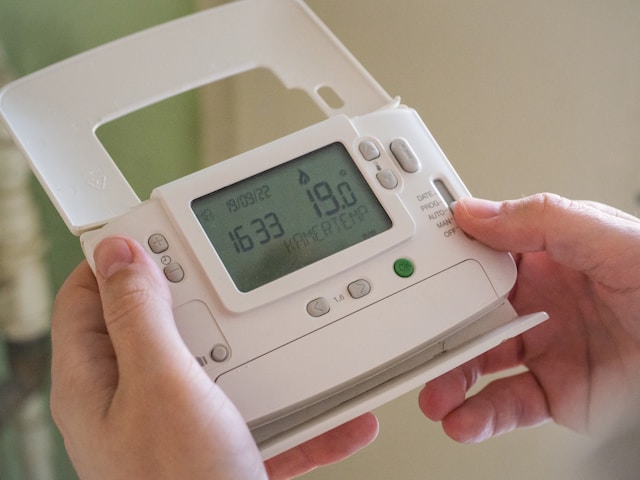Millions of households across the UK continue to struggle with rising energy bills, despite recent falls in wholesale market prices. Ofgem has confirmed that the price cap will rise again in October, adding to pressure on families already facing higher costs for essentials.
According to consumer groups, average annual bills are still around £600 higher than they were before the energy crisis began in 2021. For households with limited disposable income, the increase in standing charges and stubbornly high unit rates means monthly payments remain difficult to manage.
The rise in energy arrears
Debt charities report that more than one million households are now in arrears on their electricity or gas accounts. The number of families with no repayment plan in place has tripled since 2012. The average arrears for gas now stands at around £1,400, while electricity debt is closer to £1,600.
Charities such as StepChange warn that many households are being forced to make tough choices between heating, rent, and food. Citizens Advice has also seen record demand for support with energy bills.
Why comparing suppliers matters
Despite these challenges, there are still practical steps households can take to reduce their bills. One of the most effective is to compare energy suppliers.
The UK energy market is competitive, and while prices remain elevated, there are still meaningful differences between suppliers. Some offer cheaper unit rates, while others provide discounts for customers who pay by direct debit or choose paperless billing.
Comparing suppliers also allows households to see which companies have better customer service ratings, greener tariffs, or added features such as flexible payment plans. With millions of households in debt, choosing a supplier that offers support for vulnerable customers can also make a significant difference.
Dual fuel options
Another way households can simplify bills and potentially save money is through dual fuel tariffs. This is where both gas and electricity come from the same supplier, often with a bundled discount.
Dual fuel plans also make budgeting easier by combining bills into a single payment, reducing administration and helping households stay on top of their finances. For families juggling multiple costs each month, this can provide welcome peace of mind.
Building financial resilience
Economists argue that while switching suppliers and reviewing tariffs can help in the short term, longer-term reforms may be needed to address the root causes of energy debt. Proposals such as a social tariff for low-income households and expanded council tax support are being considered.
Until such measures are introduced, tools like Free Price Compare give households the ability to review their options quickly and easily. Even modest savings on a monthly bill can prevent families from falling further into arrears.
Taking control of energy costs
With Ofgem set to increase the price cap in October, bills will remain challenging for the foreseeable future. However, by comparing suppliers, checking dual fuel deals, and exploring available support schemes, households can take steps to limit the financial strain.

Leave a Reply